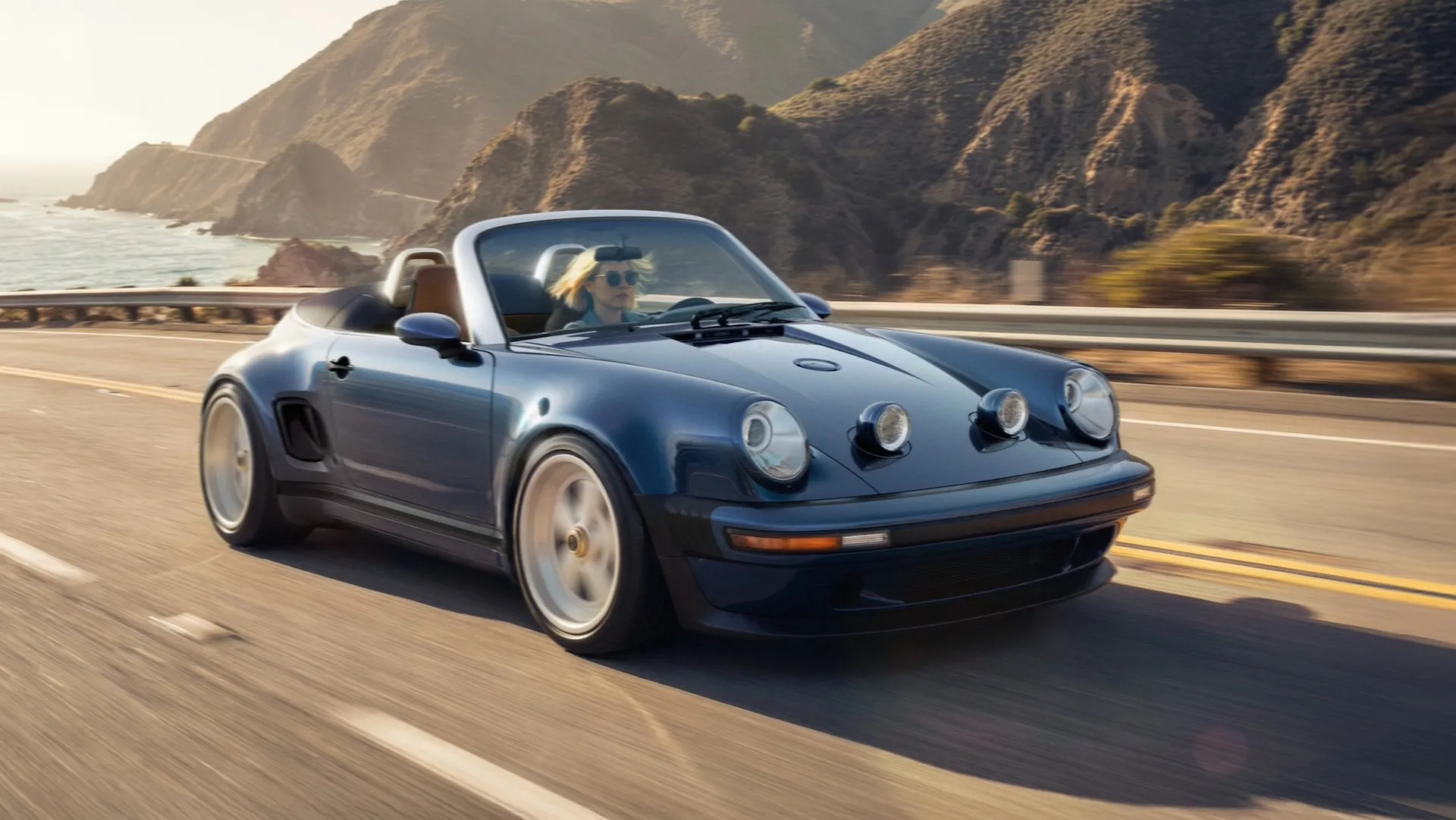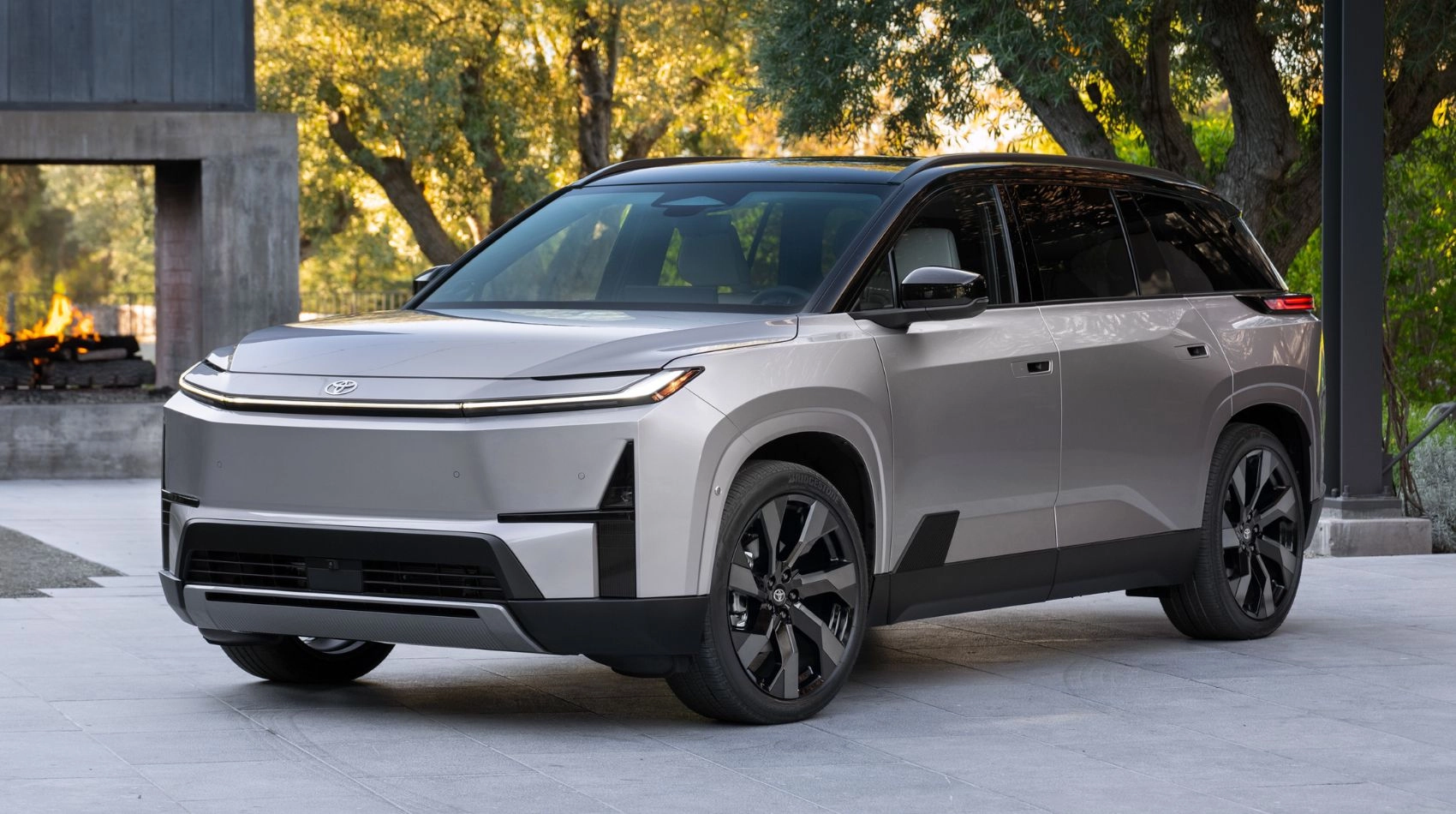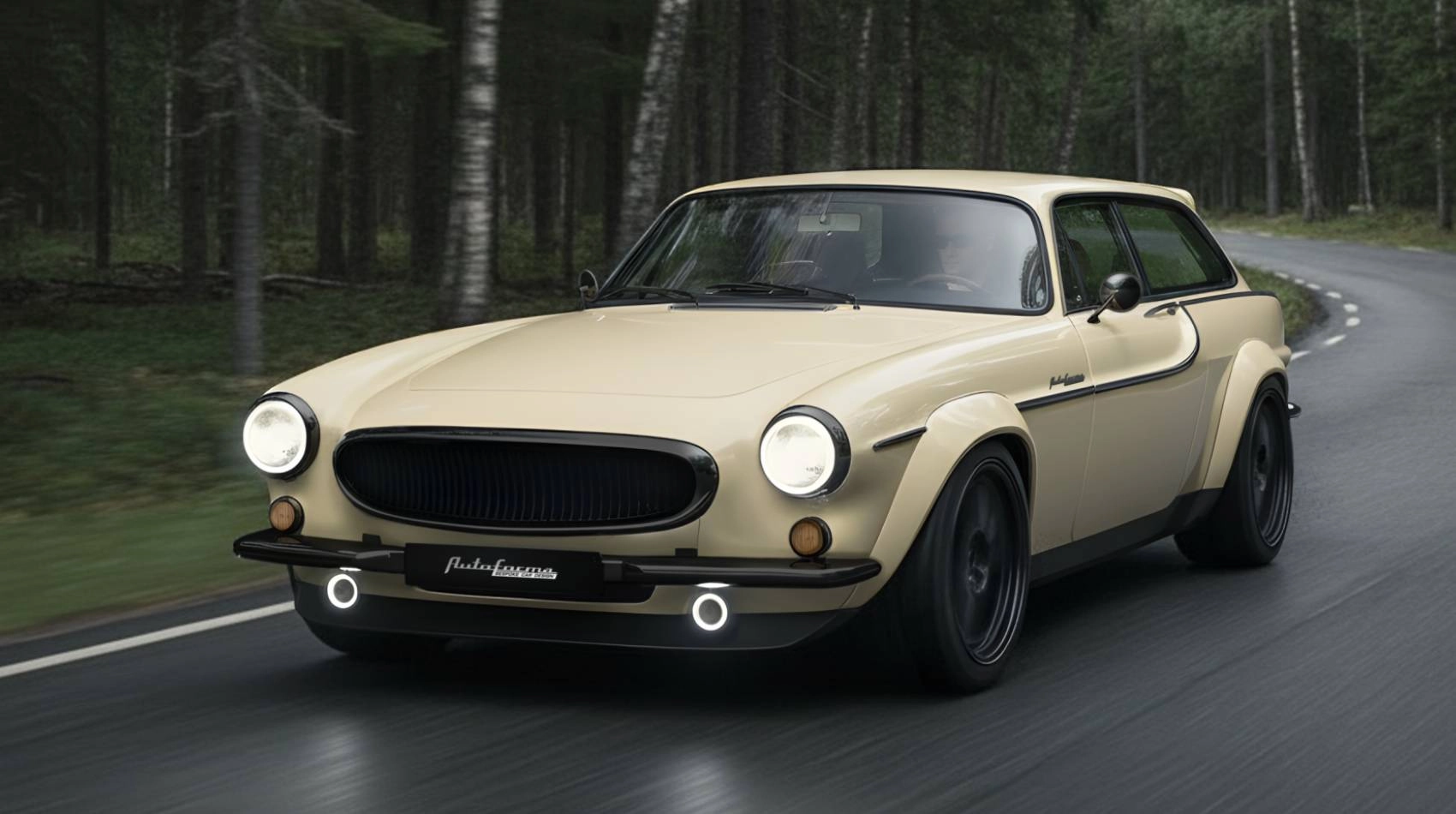Your next hatchback or commuter bike might soon be kinder to your wallet. The GST Council has announced a major shake-up of tax slabs for the auto sector, lowering GST on small cars, motorcycles under 350cc, and three-wheelers. The new rates kick in from 22 September 2025, just in time for the festive buying season.
Highlights
-
Small cars, commuter bikes, and three-wheelers are now taxed at 18% GST (down from 28%).
-
Luxury cars and big bikes move to a new 40% flat GST (earlier effective tax was around 50%).
-
Commercial vehicles and parts get a simplified 18% rate across categories.
-
EVs remain at 5% GST, with no changes.
-
Effective immediately from 22 September 2025.
Details
What Gets Cheaper
-
Small Cars: Petrol engines up to 1200cc or diesel up to 1500cc, with a maximum length of 4000mm. This includes favourites like the Maruti Dzire, Tata Tiago, and Kia Syros.
-
Motorcycles up to 350cc: Think Royal Enfield Bullet, Classic 350, and most commuter bikes.
-
Three-wheelers, including autorickshaws, form the backbone of Indian urban mobility.
-
CNG/Hybrid variants under 1200cc petrol or 1500cc diesel, under 4000mm, such as the Brezza CNG and Nexon CNG.
With GST down from 28% to 18%, a hatchback priced at ₹6 lakh (ex-factory) could be up to ₹60,000 cheaper.
What Moves to the 40% Slab
-
Motorcycles above 350cc, e.g. KTM Duke 390, Triumph Speed 400.
-
Cars longer than 4,000mm or with engines above 1200cc (petrol) / 1500cc (diesel), such as Hyundai Creta, Kia Seltos, Tata Harrier, Mahindra Scorpio N, and Mahindra XUV700.
-
Hybrids beyond 1200cc/1500cc or longer than 4000mm, like the Toyota Innova Hycross and Honda City e:HEV.
-
Luxury toys: Aircraft, yachts, and recreational vehicles.
While 40% may sound high, it’s actually a cut from the earlier effective tax of 50% (28% GST + 22% cess).
Commercial Vehicles & Parts
A win for the transport sector:
-
Buses, trucks, and ambulances are all now at 18% GST (earlier 28%).
-
Auto parts standardised to 18%, eliminating the maze of classifications that often confused suppliers.
EVs Stay the Same
All electric two-wheelers, cars, and three-wheelers remain under the concessional 5% GST bracket, keeping them the most tax-favoured choice. However, the council has not clarified if luxury EVs face a higher ceiling.
Why It Matters
For buyers, the 10 percentage point GST cut on small cars and bikes means noticeable savings. For manufacturers, especially in the mass-market segment, this could provide a much-needed sales boost during the festive season. Meanwhile, luxury car buyers still benefit from a reduced tax burden, though not as dramatically.
Summary
From 22 September, India’s auto GST landscape gets a major reset. Small cars, bikes up to 350cc, and three-wheelers move into a cheaper 18% tax bracket. Luxury cars and big bikes drop from a 50% effective rate to 40%, while EVs continue at 5%. For anyone eyeing a new ride this festive season, waiting till the new rates kick in might just be worth it.

.jpg)



